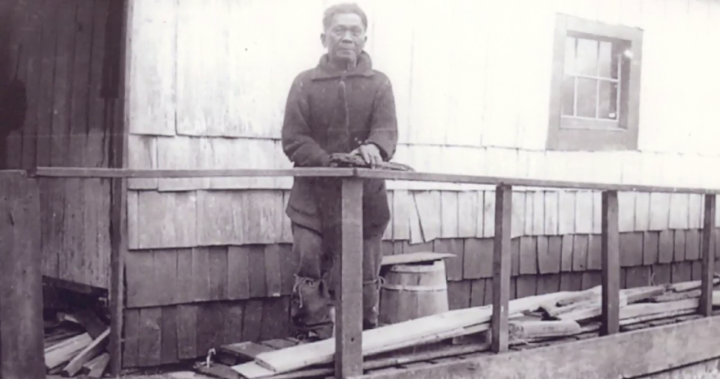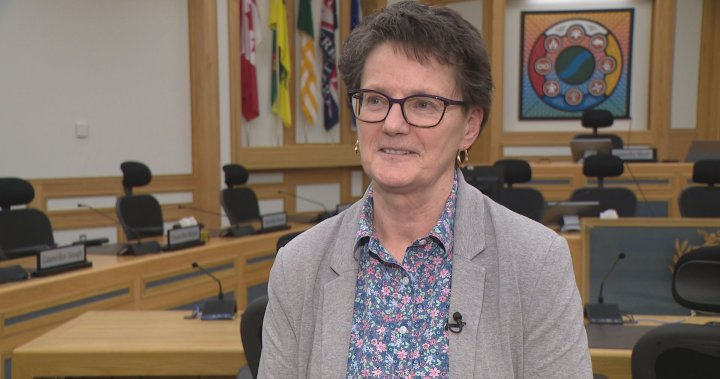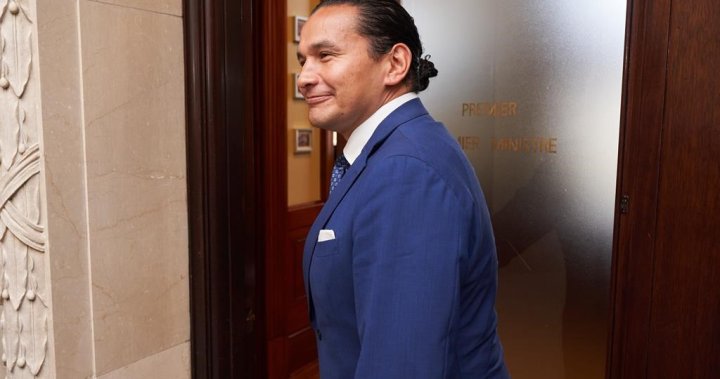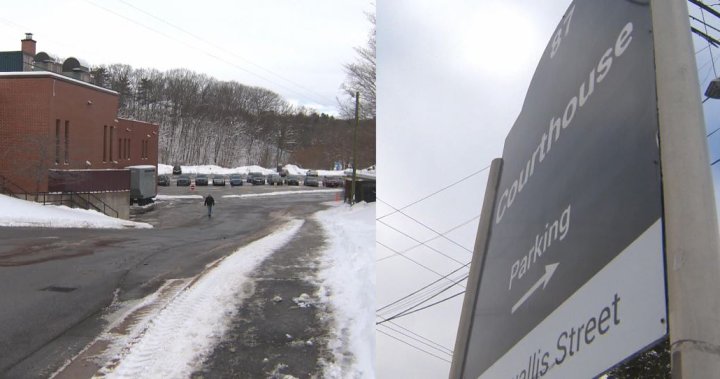An early Filipino settler is finally getting a gravestone after new research revealed he was the first documented immigrant to Canada from his home country.
Benson Flores came to British Columbia in 1861, even before the province became part of Canada.
He eventually claimed land on Bowen Island in 1892, when the island was just starting to develop its economy and population.
Bowen Island Museum and Archives president Rob Forbes said Filipinos in Canada should be excited to learn of Flores because there has not been the same documentation for Filipino immigrants as there has been with others.
“It’s been well documented with the Chinese immigrants and the Japanese,” said Forbes. “But the Filipinos not so much, so I think this is groundbreaking to find this out.”
The United Filipino Canadian Associations in B.C. (UFCABC) held a day of commemoration for Flores on April 11, exactly 95 years after his passing.
Many from the Filipino community attended the event, as Flores’ life and accomplishments were remembered in speech, song and ceremony.
“We are amazed because we just called in and like, ‘Oh hey whoever wants to come in,’” said UFCABC advisory board member Cliff Belgica. “And the response from the community was huge.”
Breaking news from Canada and around the world
sent to your email, as it happens.
Belgica said it was important for the Filipino community “to realize the vibrancy of the community that we are part of, this bigger community, the bigger Canadian community, and the contribution the Filipinos (have) put forward, especially the pioneers.”
Freelance journalist Joseph Lopez discovered Flores’ story while researching to find the first Filipino immigrant in Canada. The discovery of the records confirming Flores immigrated to Canada in 1861 changed the previously believed Filipino immigration timeline.
“For years all we knew were the first Filipinos that came to Canada was a group of tannery workers into the 1930s,” Belgica said.
Flores started as a fisherman on the island around 40 years before that.
“Constantly in modern times [we] have immigrants coming in thinking ‘oh we’re the newcomers’ but when you realize there were Filipino immigrants coming back in the late 1800s and the early 1900s, they can have a sense that this is their home because they have been here as long as anyone else,” Forbes said.
Forbes said Flores lived in a shack he built on floating platoons in Snug Cove during his time on Bowen Island. He also established Bowen Island’s first boat rental business.
“I think the Filipino community should rejoice in this information as well that they were a part of the first immigrants in this country,” Forbes said. “It’s something to be proud of.”
He estimates only around 50 people would have lived on Bowen Island when Flores first came.
Forbes believes Flores lived on Bowen Island for most of his life. In 1929 he died in Vancouver from bladder and kidney diseases. He was then buried in an unmarked grave at Mountain View Cemetery.
A celebration of life will be held at his grave at Mountain View Cemetery on April 13. A memorial tombstone will be placed on his grave during the ceremony. A Squamish elder and a Filipino Catholic priest will also be in attendance.
“On Saturday we will now unveil the tombstone,” Belgica said. “Ninety-five years is too long for him not to have a mark on his grave.”
The new monument on his grave was funded through $5,000 raised in a GoFundMe campaign.
Teodoro Alcuitas, who organized the fundraiser, is also creating a documentary about the life of Flores.
With files from Alissa Thibault
© 2024 Global News, a division of Corus Entertainment Inc.




